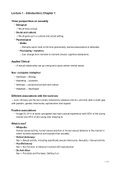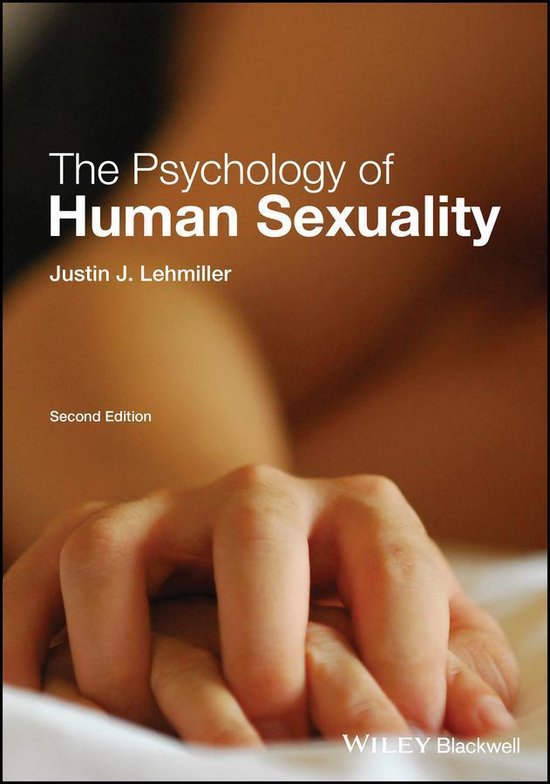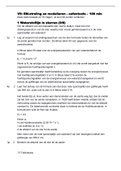Samenvatting
Psychology of Sexuality - Full Summary
- Instelling
- Radboud Universiteit Nijmegen (RU)
This is a summary for the course “Psychology of Sexuality”! It includes the lectures, all additional information of the exam-relevant book chapters, and a summary of the chimpanzee / bonobo video. I created this summary when I took the course last year and finished the exam with an 8.5. ...
[Meer zien]







